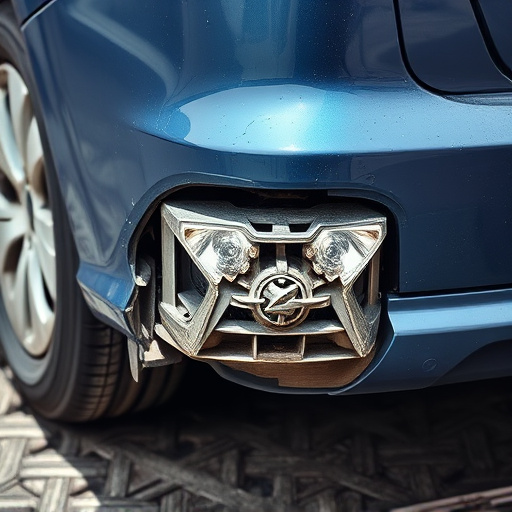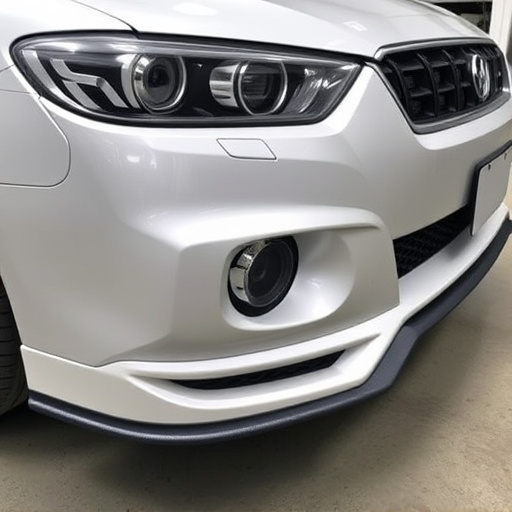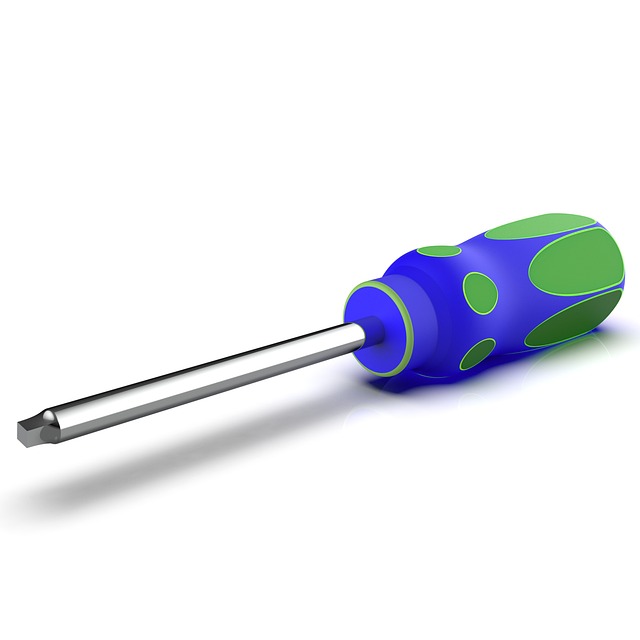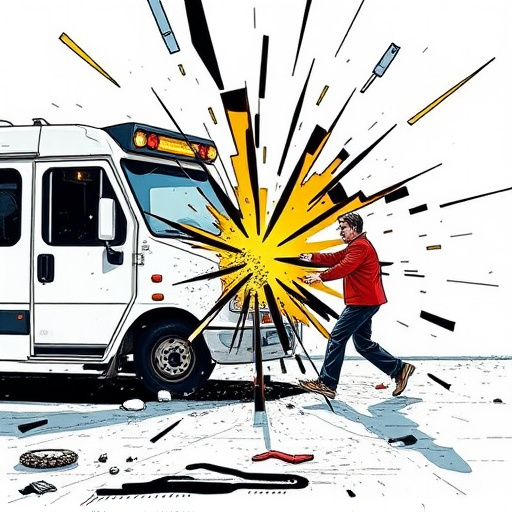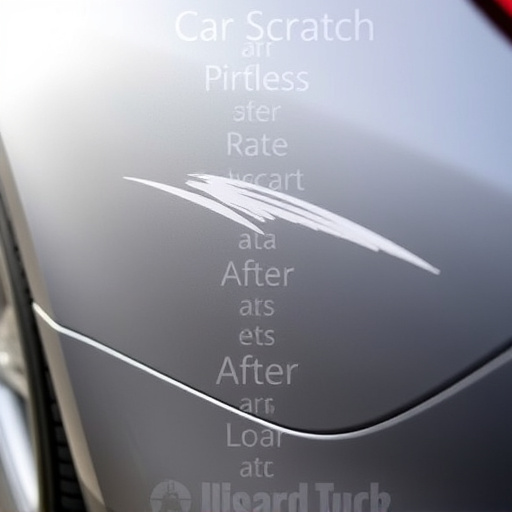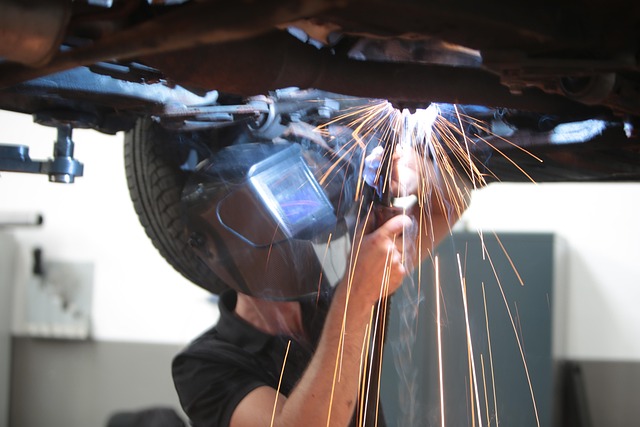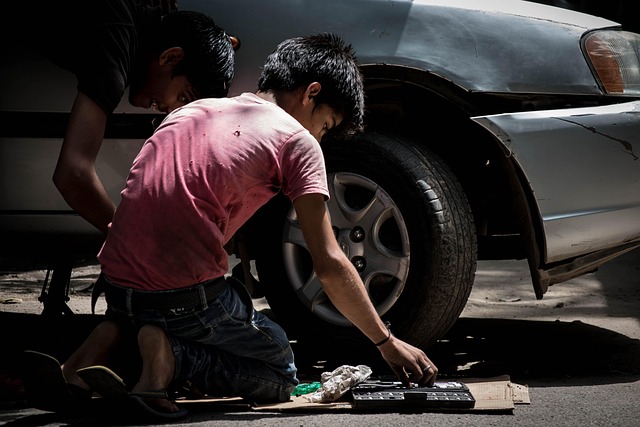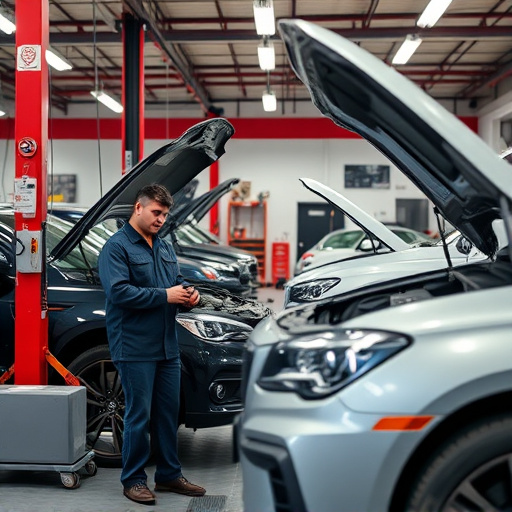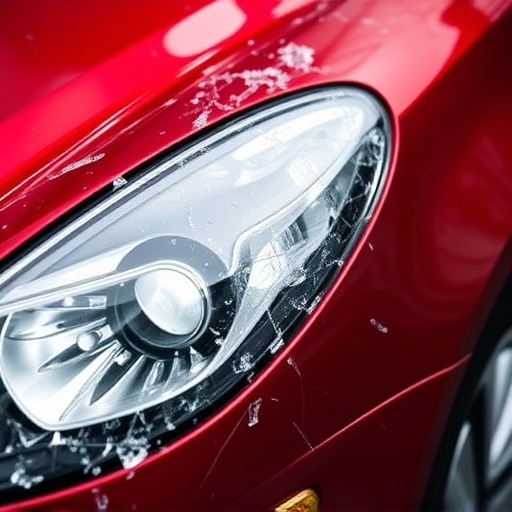Quality Control Inspection (QCI) is a vital process in collision repair, ensuring vehicles meet top quality, safety, and aesthetic standards by verifying structural integrity, paint repair quality, alignment, and panel gaps. Skilled technicians, combined with QCI, guarantee accurate complex repairs while adhering to manufacturer specs and industry best practices. Rigorous QC protocols prevent costly mistakes, enhance customer satisfaction, and foster loyalty, resulting in precise and reliable auto dent repair solutions.
In the realm of collision repair, Quality Control Inspection (QCI) serves as a crucial crucible, ensuring meticulous craftsmanship and customer satisfaction. This essential process involves rigorous evaluation of repair work, from panel alignment to paint finish. By implementing stringent QCI protocols, repair shops can prevent costly mistakes, maintain high standards, and foster client trust. Understanding the fundamental principles and key roles involved in QCI is pivotal for achieving precise and reliable collision repair results.
- Understanding Quality Control Inspection: The Basics
- Key Roles in Ensuring Accurate Collision Repair Results
- Benefits of Rigorous Quality Control: Preventing Costly Mistakes and Customer Dissatisfaction
Understanding Quality Control Inspection: The Basics
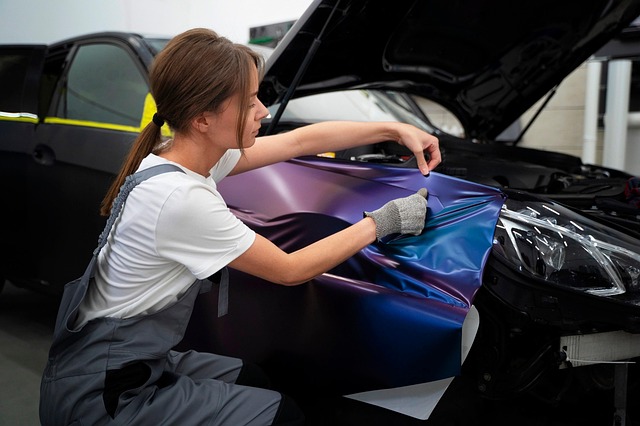
Quality control inspection (QCI) is a fundamental process in any vehicle body shop offering collision repair services. It involves a meticulous examination and evaluation of a repaired vehicle to ensure it meets the highest standards of quality, safety, and aesthetics. This rigorous process doesn’t just check for obvious defects; it verifies that every aspect of the repair—from structural integrity to vehicle paint repair—meets manufacturer specifications and industry best practices.
A QCI typically includes a series of tests and visual inspections designed to identify any discrepancies or deficiencies. This could range from checking alignment and panel gaps to assessing the quality of the vehicle paint repair, ensuring it’s smooth, even, and color-matched. By implementing these checks, collision repair services can guarantee their work not only meets but exceeds customer expectations, ensuring a safe and satisfying driving experience.
Key Roles in Ensuring Accurate Collision Repair Results
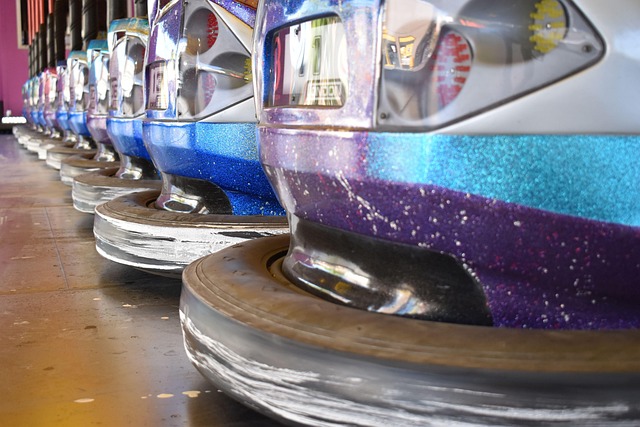
In any collision repair process, a multifaceted approach is required to achieve precise and safe results. Two key roles stand out in ensuring accurate collision repair outcomes: the expertise of skilled technicians and the implementation of thorough quality control inspections.
Skilled technicians bring a wealth of knowledge and experience to the collision center. They understand the intricate details of various vehicle makes and models, allowing them to perform complex repairs with precision. However, their work is only as good as the guidelines it follows. Quality control inspection serves as the quality assurance arm, meticulously checking every repair against established standards and manufacturer specifications. By combining these efforts, a collision repair shop can deliver top-notch services, ensuring that cars leave the facility in pristine condition, addressing not just visible car scratch repairs but also underlying structural integrity.
Benefits of Rigorous Quality Control: Preventing Costly Mistakes and Customer Dissatisfaction

Implementing rigorous quality control (QC) inspection protocols is a cornerstone of successful collision repair services. This meticulous process plays a pivotal role in preventing costly mistakes and ensuring customer satisfaction, both of which are paramount for any auto body shop. By instituting thorough QC measures, collision repair professionals can catch even the subtlest imperfections that might go unnoticed by untrained eyes.
These inspections serve as a safety net against subpar repairs, misaligned panels, or improperly applied paint jobs—issues that could lead to further damage and expensive do-overs. Satisfied customers are more likely to return for future car dent repair or car collision repair services, fostering long-term loyalty. Moreover, stringent quality control fosters a culture of excellence, where every technician is accountable for delivering precise and reliable auto dent repair solutions.
Quality control inspection is not just a step, but a cornerstone in collision repair. By implementing rigorous protocols and involving all key stakeholders, shops can ensure accurate repairs, prevent costly mistakes, and maintain customer satisfaction. Investing in this process is a game-changer, fostering a culture of excellence that benefits both businesses and their clients.
